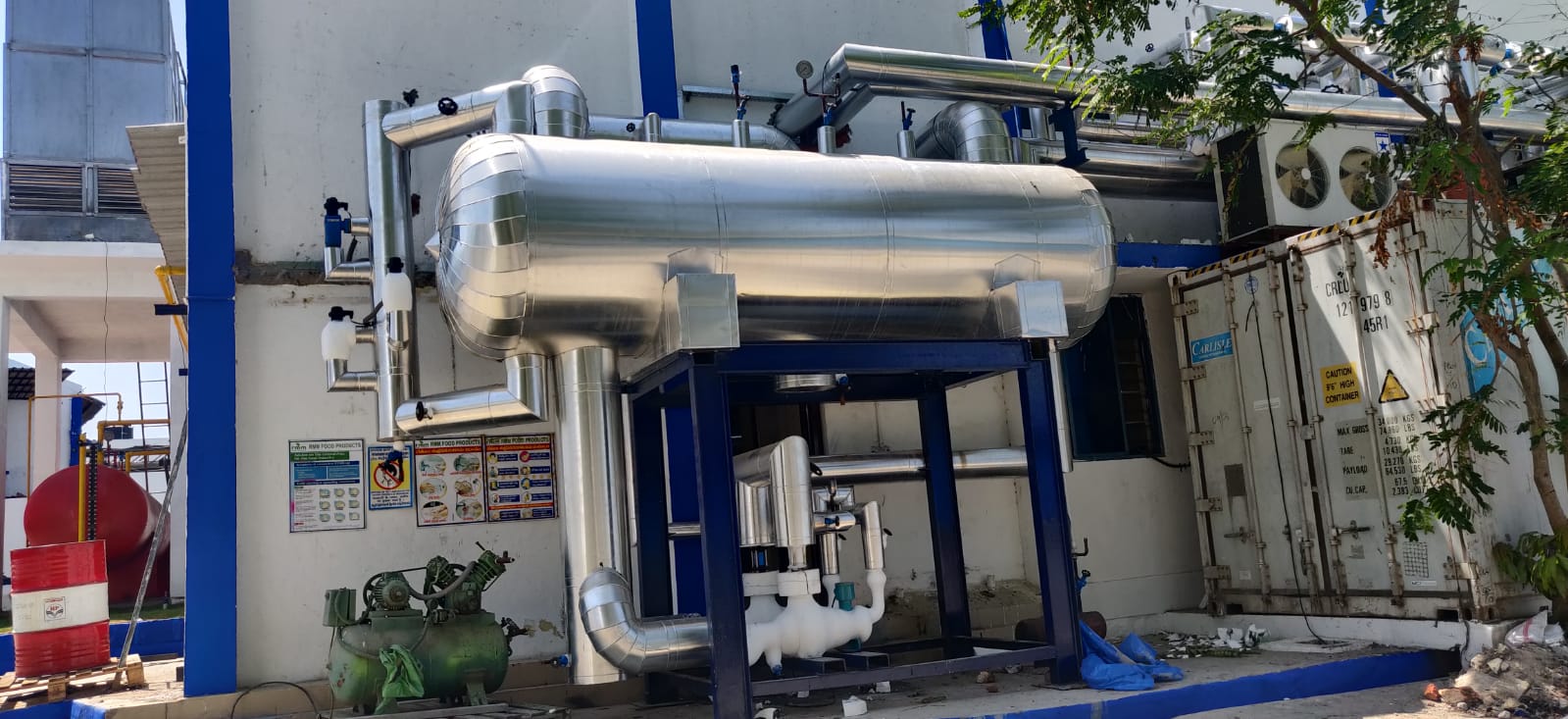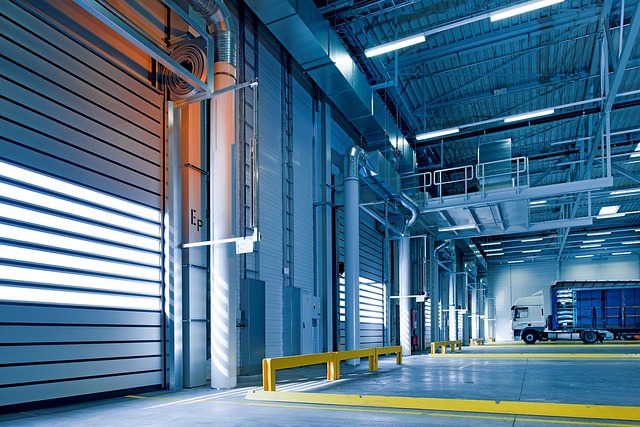Water meter installation might not be the most glamorous aspect of homeownership, but it’s undoubtedly crucial. From managing water usage to detecting leaks early, a properly installed residential water meter can save money, conserve resources, and prevent potential water-related disasters. In this comprehensive guide, we’ll walk you through everything you need to know about residential water meter installation, empowering you to take control of your water consumption and safeguard your home.
Understanding Residential Water Meters
Before diving into installation, it’s essential to understand the role of a Residential Water Meter in Ahmedabad. Simply put, a water meter measures the volume of water consumed by a household. It typically consists of a metering device installed on the main water supply line entering the property, along with accompanying fittings and connections.
Why Residential Water Meter Installation Matters
- Accurate Billing: With a water meter in place, homeowners are billed based on actual consumption rather than estimations. This promotes fairness and accuracy in billing, ensuring that households pay only for the water they use.
- Water Conservation: Awareness of water consumption encourages mindful usage habits, leading to reduced water waste and conservation of precious resources. Monitoring water usage through a meter allows homeowners to identify areas where water can be saved, such as fixing leaks or installing water-efficient appliances.
- Leak Detection: Water meters can detect abnormal water usage patterns indicative of leaks or plumbing issues. Early detection of leaks enables prompt repairs, preventing water damage and costly repairs down the line.
Pre-Installation Preparation
- Check Regulations: Before proceeding with installation, familiarize yourself with local regulations and requirements regarding water meter installation. Obtain any necessary permits or approvals from relevant authorities.
- Select an Installation Location: Choose a suitable location for the water meter, preferably near the main water supply line entry point into your home. Ensure that the area is easily accessible for installation and future maintenance.
Steps for Residential Water Meter Installation
- Gather Materials: Acquire the necessary materials and tools for installation, including the water meter, fittings, pipes, wrenches, and thread sealant.
- Shut Off Water Supply: Locate the main water shut-off valve and turn off the water supply to your home. Drain any remaining water from the pipes by opening faucets.
- Install the Meter: Follow the manufacturer’s instructions for installing the water meter on the main supply line. Use appropriate fittings and connections to secure the meter in place.
- Test for Leaks: Once the meter is installed, turn on the water supply and check for leaks around the meter and connections. Tighten any fittings as needed to eliminate leaks.
- Calibrate the Meter: Some water meters may require calibration to ensure accurate measurement. Follow the manufacturer’s guidelines for calibrating the meter if necessary.
- Record Meter Reading: Take note of the initial meter reading after installation. This reading will serve as a reference point for monitoring water usage and detecting any abnormalities in the future.
Post-Installation Maintenance
- Regular Inspection: Periodically inspect the water meter and surrounding fittings for signs of leaks or damage. Address any issues promptly to prevent water loss or damage.
- Monitor Water Usage: Keep track of your water usage by reading the meter regularly. Note any significant changes in consumption patterns, which could indicate leaks or inefficiencies.
- Schedule Maintenance Checks: Consider scheduling annual maintenance checks by a professional plumber to ensure the continued accuracy and functionality of the water meter.
Check Also: – Water Meter for Apartments
Conclusion
Residential water meter installation is a fundamental aspect of responsible homeownership, offering benefits such as accurate billing, water conservation, and early leak detection. By understanding the importance of water meters and following the steps outlined in this guide, homeowners can take proactive measures to manage their water usage effectively and protect their homes from water-related issues. Invest in a water meter today and embark on the journey towards a more sustainable and efficient household.
-
Previous Post
Choosing the Best IQF Spiral Freezer for Your Business






